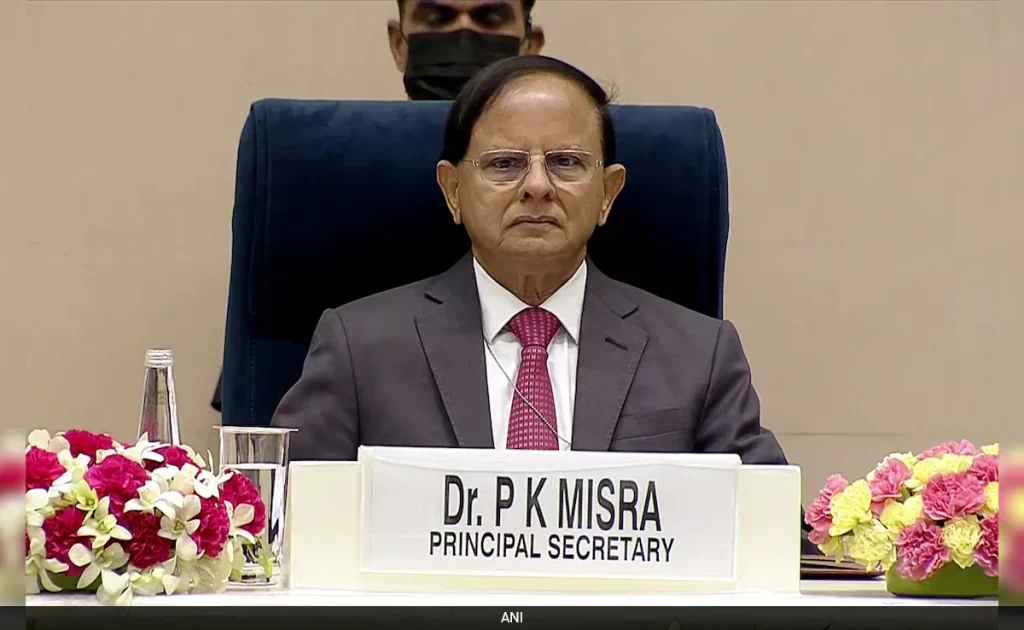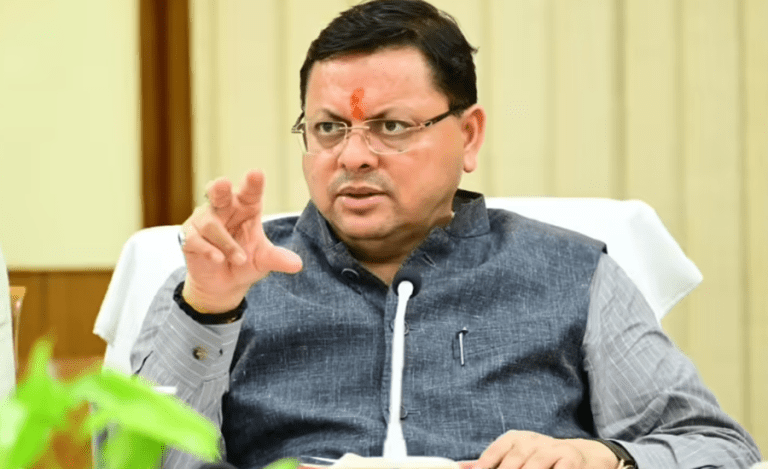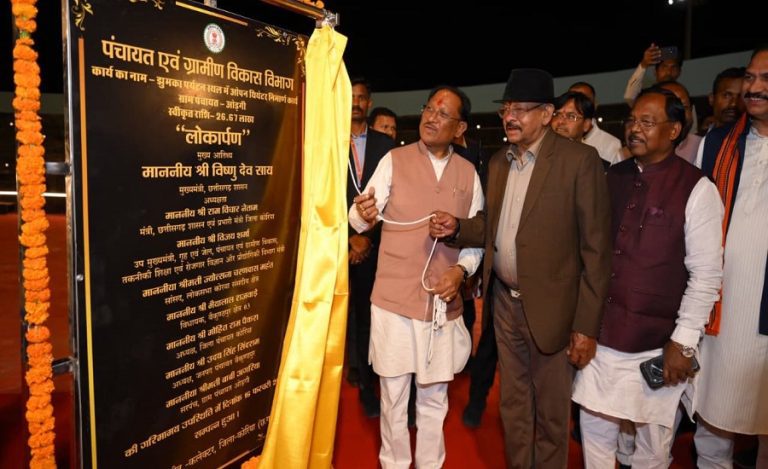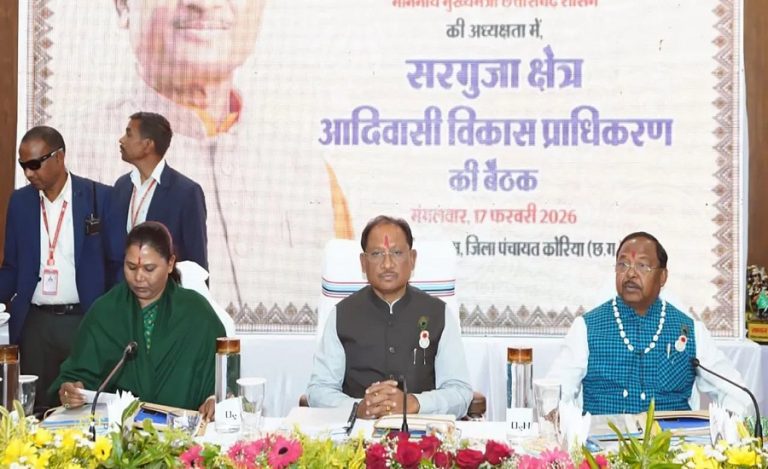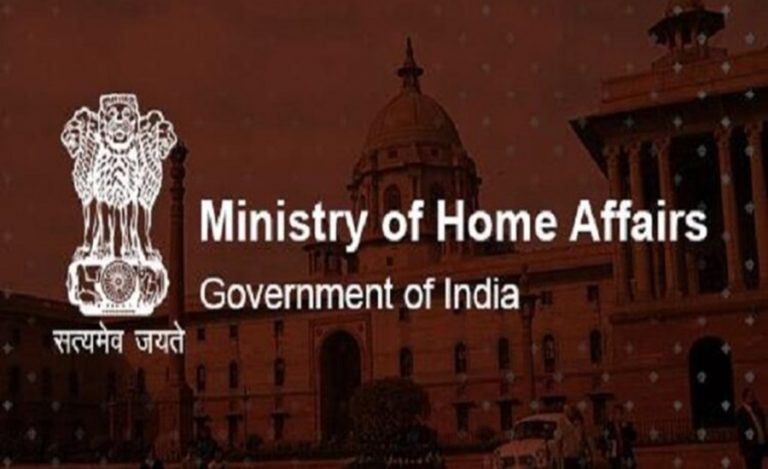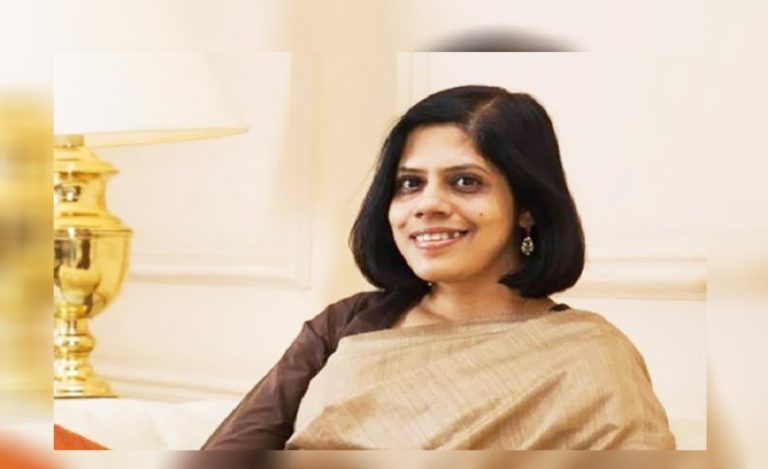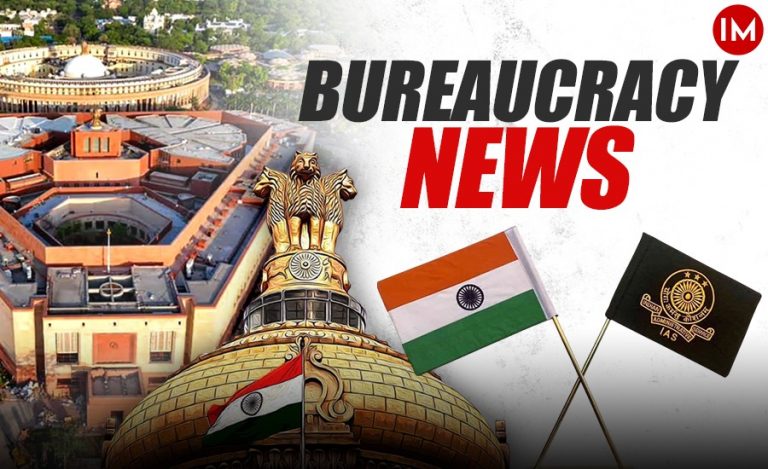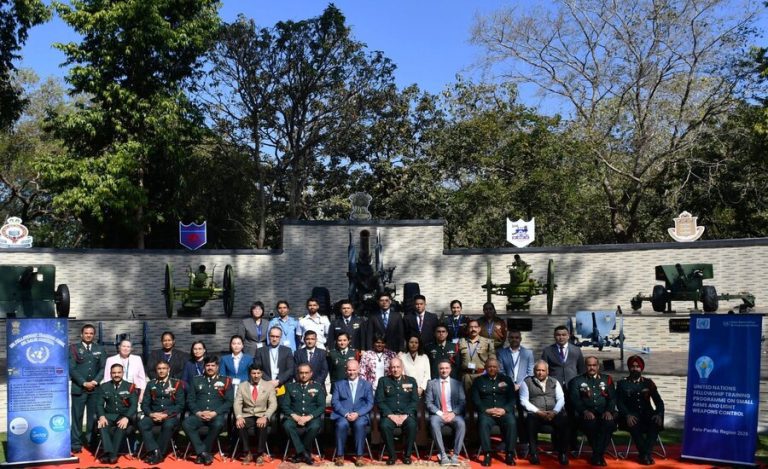New Delhi: P. K. Mishra, Principal Secretary to Prime Minister Narendra Modi, has articulated a roadmap to make India’s civil services future-ready, emphasizing their central role in achieving the nation’s goal of Viksit Bharat (Developed India) by 2047.
Addressing the plenary session of the UPSC’s Shatabdi Sammelan programme, Mishra, a 1972 batch Indian Administrative Service (IAS) officer from the Gujarat cadre, underscored the need for civil servants to operate across sectors, engage deeply with data, maintain ethical judgment, and embrace continuous learning.
Civil Servants as Architects of Development
Mishra stressed that India’s civil services stand at the heart of the country’s development journey, and officers must –
- Think across domains and operate across sectors.
- Balance administrative competence with ethical judgment.
- Anchor work in humility, integrity, and purpose.
He highlighted the historical role of civil servants in building institutions, implementing reforms, and upholding constitutional morality, often without recognition, praising UPSC’s century-long contribution to merit, fairness, and excellence.
Three Guiding Principles for Modern Bureaucracy
PK Mishra outlined three strategic principles to transform civil services:
Reorient the Purpose: Civil services should act as a developmental state, focusing on outcomes and citizen-centric governance rather than mere procedural compliance.
Reimagine Selection: Identify individuals with deep capabilities, able to lead in complexity and uncertainty.
Build a Lifelong Learning State: Encourage officers to continually upskill and adapt to emerging challenges in governance.
From Process Compliance to Outcome Delivery
Mishra emphasized a shift from incremental improvements to accelerated transformation, with civil servants acting as:
- Managers of uncertainty
- Interpreters of complexity
- Guardians of India’s strategic interests
He noted that modern governance now requires collaboration over hierarchy, driven by emerging challenges like technology, urbanization, climate change, and frequent disasters.
UPSC and Modern Governance
The Principal Secretary praised UPSC for evolving its examination system while retaining fairness, merit, and equity. Beyond recruitment, UPSC plays a crucial role in promotions, deputations, and disciplinary proceedings.
Mishra also highlighted the Pratibha Setu portal, which connects talented candidates reaching the final stage of UPSC exams with potential employers, linked to the National Career Service, creating new opportunities for India’s youth.
Evolving Role of Civil Services
Mishra traced the evolution of the civil services –
- Pre-Independence: Focused on law, order, and revenue collection.
- Early Post-Independence: Centered on building development institutions, industrial capacity, and basic services.
Present Day: Officers now face technology-driven governance, urbanization, climate challenges, and disasters, requiring collaboration, adaptability, and citizen-focused delivery.

